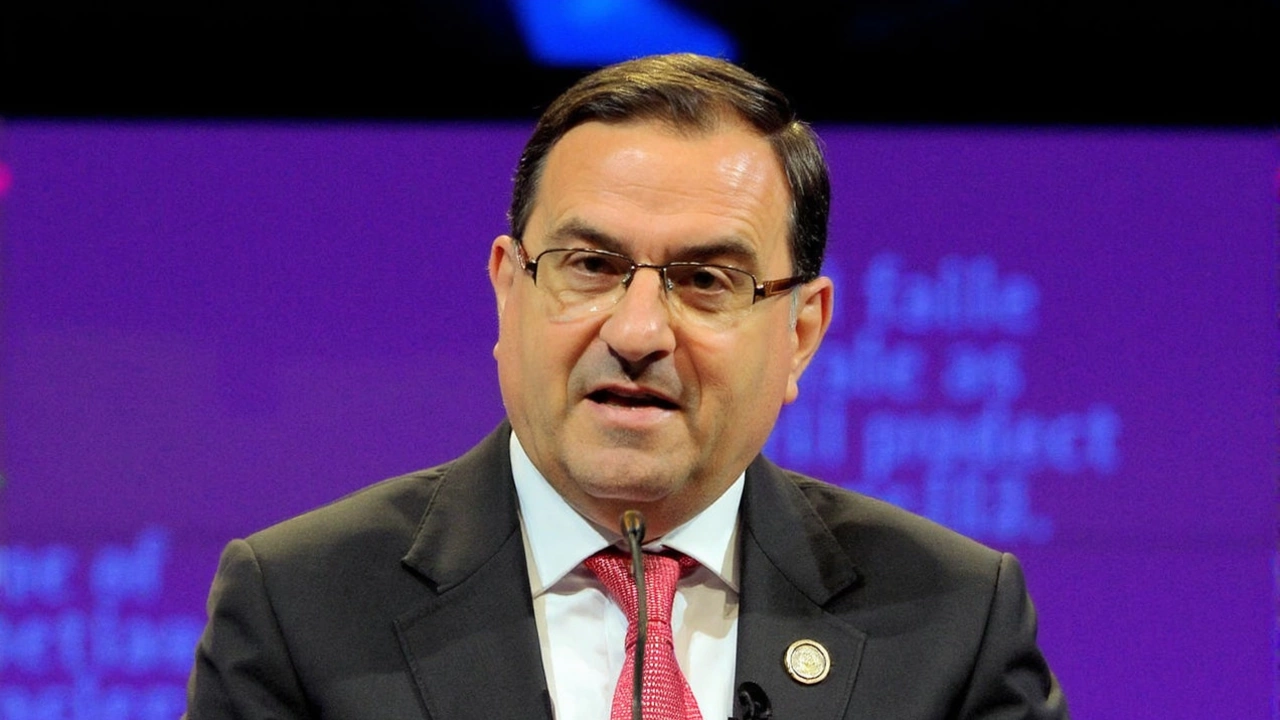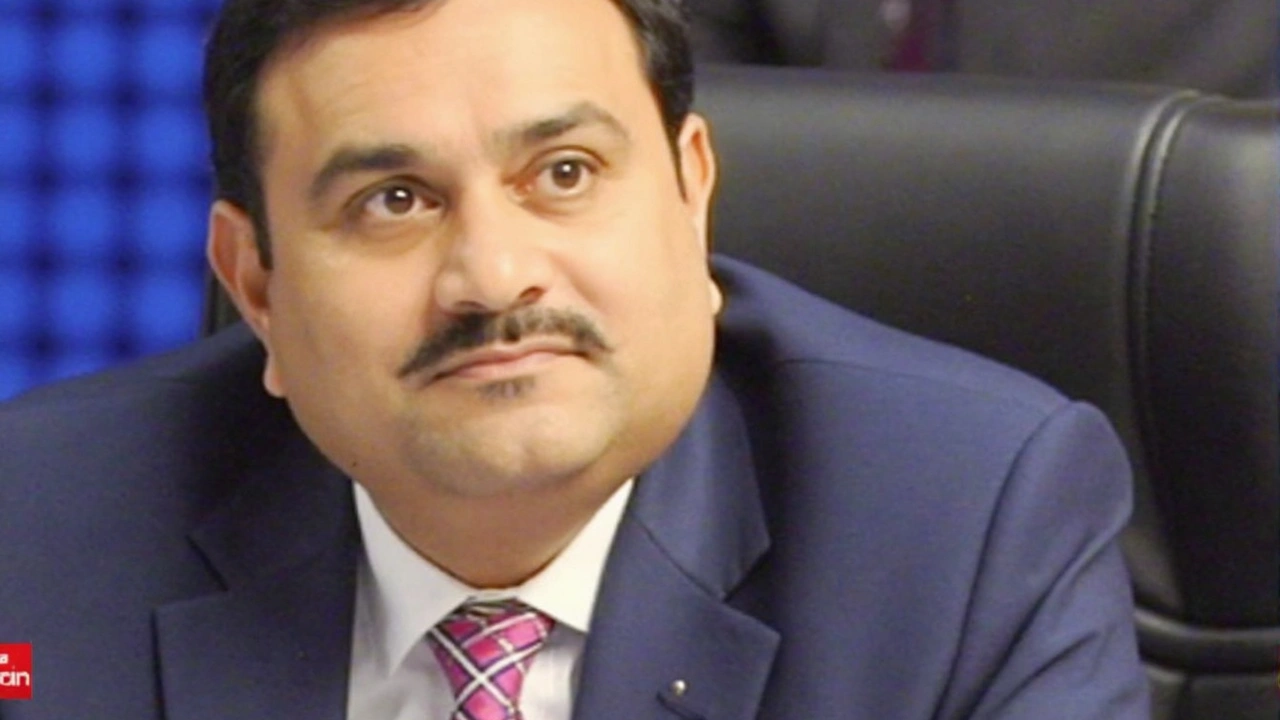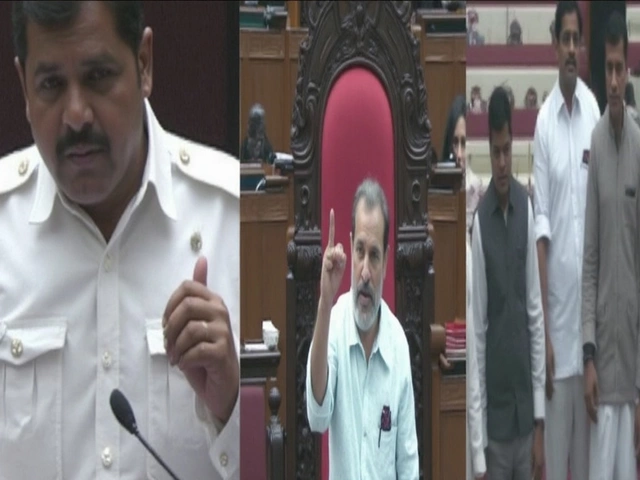In a bold move reflecting Kenya's intolerance for dubious dealings, President William Ruto has called for the immediate cancellation of a major $736 million project involving Adani Energy Solutions. The decision is fueled by allegations of bribery involving Adani Group's founder, Gautam Adani, a name not new to controversy. This electrifying project was initially greenlit to address Kenya’s persistent power shortages by constructing high-voltage transmission lines.
Troubles Before Triumph
It wasn’t smooth sailing from the start. Even before this bombshell, the Kenyan High Court had already hit the pause button on the controversial agreement. This action followed a legal challenge from the Law Society of Kenya, which flagged the project for allegedly skipping crucial steps in public participation and transparency—a direct contravention of the Public Private Partnerships Act of 2021.
On another front, Kenya also axed a second deal with the Adani Group for the modernization of the country’s main airport. This decision hinged on a contentious 30-year lease agreement, which the Law Society had also questioned due to fears of job losses and insufficient return on investment.

The US Connection and Global Ripples
The storm clouds gathered over Adani following a US indictment of its founder, Gautam Adani, along with seven others. The charges allege that the group lined the pockets of Indian officials with $265 million in bribes to advance their solar energy endeavors. Within this murky setup, executives from Adani Green Energy and Azure Power found themselves embroiled, accused of misleading U.S. investors during a hefty $750 million fundraising effort.
Predictably, Adani has batted away these claims, branding them as unfounded. In a statement, Adani Energy Solutions maintained that the canceled transmission project was just business as usual, implying no significant impact on the company’s operations.
Still, the ripple effects don’t stop there. The fallout from these allegations and subsequent Kenyan actions has sent tremors through Adani's stock valuations in India. As the scandal unfolds, it raises broader questions about the integrity of global business dealings and, specifically, how companies navigate the opaque waters of international partnerships. Those waiting to see if other countries will take a leaf from Kenya's playbook are surely watching.



